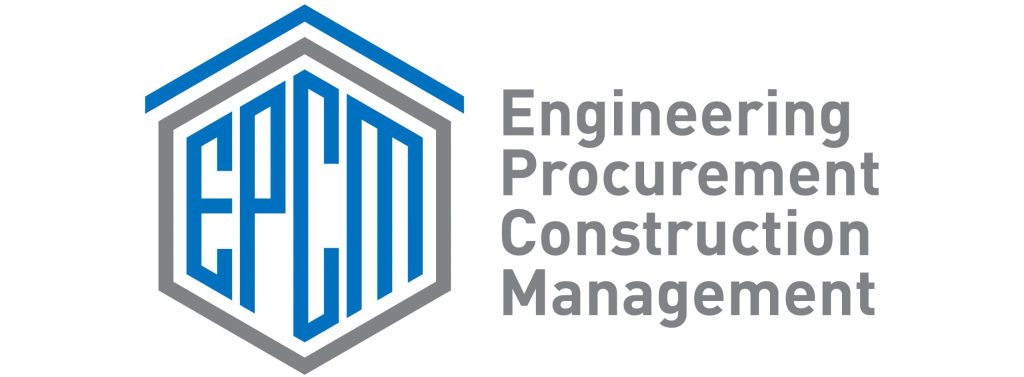The Engineering, Procurement, and Construction (EPC) industry plays a pivotal role in shaping the built environment. Traditionally, this sector has focused on delivering large-scale projects across various industries, including oil and gas, energy, and infrastructure. However, the tide is turning. Today, many EPC firms (also referred to as EPCM companies, encompassing Management services) are emerging as sustainability champions, integrating eco-conscious practices into their EPCM services (Engineering, Procurement, Construction, and Management) and EPCM contracts.
This shift is driven by several factors. Firstly, there’s a growing global recognition of the climate crisis and the need for sustainable development. Governments around the world are implementing stricter environmental regulations, pushing EPC companies to adopt greener solutions. Secondly, there’s a rising demand from environmentally conscious clients who are actively seeking EPCM firms with strong sustainability credentials. Finally, many EPC companies themselves recognize the long-term benefits of sustainable practices, such as reduced energy consumption, lower operating costs, and improved brand reputation.
Building Green from the Ground Up: Sustainable Practices in EPCM Services
So, how exactly are EPC companies integrating sustainability into their EPCM services and EPCM contracting? Here are some key strategies:
- Material Selection: EPCM companies are increasingly specifying eco-friendly materials during the procurement stage. This can include recycled steel, sustainably sourced wood, and low-carbon concrete.
- Energy Efficiency: EPCM engineering teams are incorporating energy-efficient building design principles into their projects. This can involve features like high-performance insulation, natural lighting, and smart building technologies.
- Renewable Energy Integration: Many EPC firms are now offering services related to the design, procurement, and construction of renewable energy projects. This includes solar power plants, wind farms, and geothermal energy systems.
- Waste Management: Sustainable EPCM practices emphasize minimizing waste generation throughout the project lifecycle. This can involve implementing recycling programs, using prefabricated components, and adopting modular construction techniques.
Building a Sustainable Future, Together
The transition towards a greener future in the EPC industry requires collaboration. EPCM companies, clients, governments, and material suppliers all have a role to play. By working together, these stakeholders can develop and implement innovative solutions that create a more sustainable built environment.
Here are some ways stakeholders can collaborate for a greener future:
- Client-driven Sustainability Goals: Clients can actively seek out EPCM companies with strong sustainability credentials and clearly articulate their sustainability goals during the project planning stage.
- Government Incentives: Governments can introduce incentives that encourage EPC companies to adopt sustainable practices. This could include tax breaks for green projects or grants for developing innovative sustainable technologies.
- Collaboration and Knowledge Sharing: EPCM companies can collaborate on research and development to accelerate the adoption of sustainable practices across the industry.
Conclusion
The EPC industry is undergoing a transformative shift towards sustainability. EPCM firms are no longer just building projects; they are building a greener future. By embracing sustainable practices in EPCM services and EPCM contracts, EPC companies are not only responding to environmental challenges but also creating a competitive advantage and securing their place in the future. As the industry continues to evolve, one thing is certain: collaboration and a commitment to sustainability will be key to building a better tomorrow.

